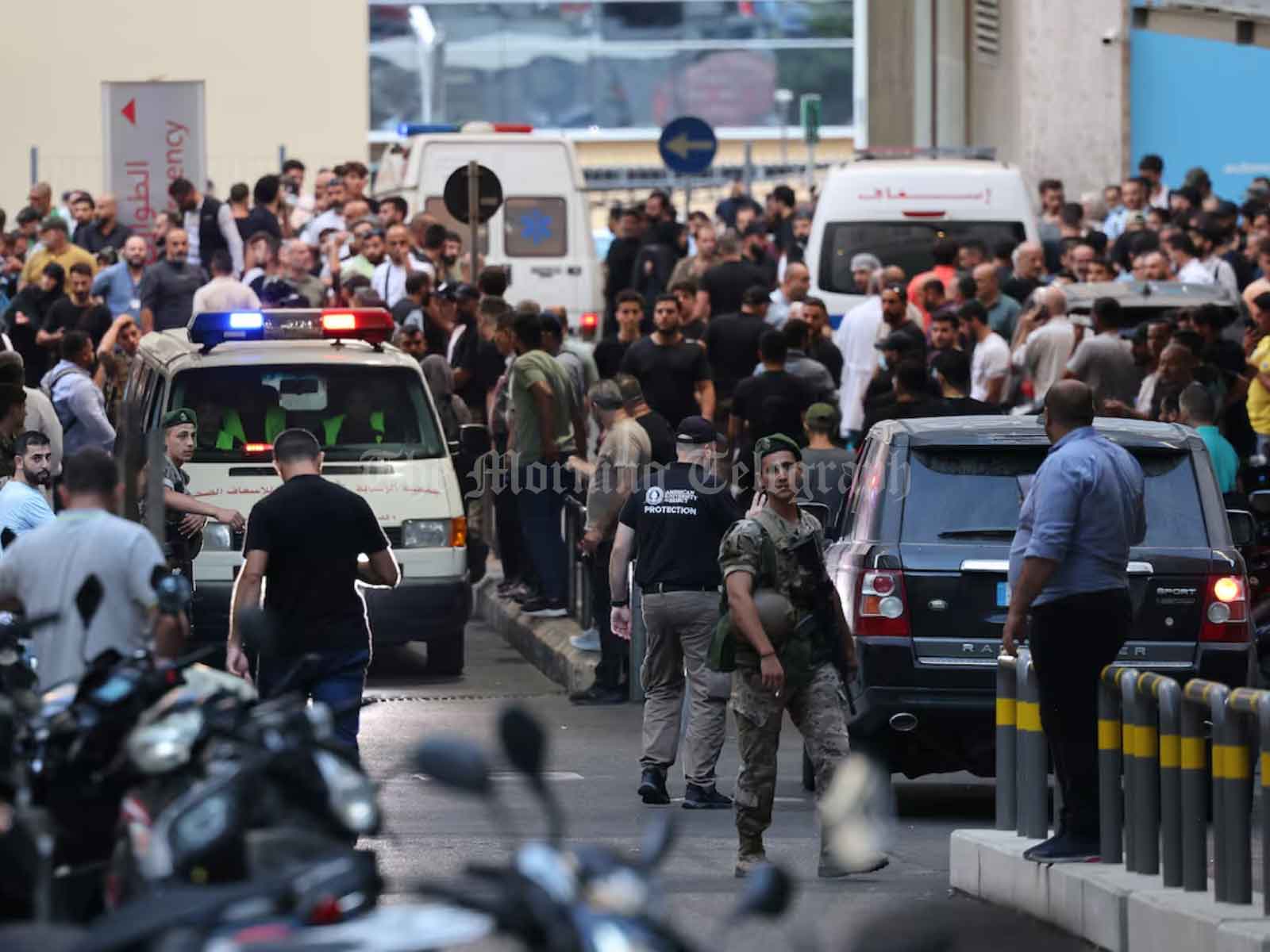
September 18, 2024
Beirut, Lebanon — A series of coordinated explosions targeting communication devices used by Hezbollah members and Hamas operatives rocked Lebanon on Tuesday, leading to significant casualties and further escalating tensions in the region. The explosions, which resulted in at least nine deaths and approximately 2,800 injuries, have been attributed to a highly sophisticated Israeli intelligence operation.
Details of the Attacks
The explosions occurred almost simultaneously across multiple locations in Lebanon, particularly affecting the southern suburbs of Beirut and Hezbollah strongholds in the Beqaa Valley. The devices involved included pagers and walkie-talkies, with the blasts causing severe injuries and fatalities. At least 170 individuals are reported to be in critical condition, and there were numerous reports of gruesome injuries, including severe blood loss and facial injuries.
Eyewitnesses described chaotic scenes, with bloodied streets and numerous people being rushed to hospitals. One video circulating on social media shows a man shopping in a supermarket when an explosion tears apart his bag, causing him severe injury. Other footage depicts the aftermath of the blasts, with large numbers of injured people and significant property damage.
Israeli Operation
The explosions have been confirmed as part of a joint operation between Israel’s intelligence service, Mossad, and the Israeli military. According to reports, Israel embedded explosives inside pagers ordered from Taiwanese manufacturer Gold Apollo, which were then shipped to Hezbollah. These devices were detonated remotely after receiving a specific signal.
The New York Times reported that the explosives were strategically placed next to the battery of each pager, with a remote switch to trigger the explosions. This sophisticated technique highlights the advanced capabilities of Israeli intelligence and the potential for future similar operations.
Gold Apollo, the Taiwanese company, stated that the pagers involved were produced by a European distributor, BAC Consulting KFT, based in Hungary. The founder of Gold Apollo, Hsu Ching-kuang, noted that the European company had requested the right to use the Gold Apollo brand for their products. However, he clarified that Gold Apollo had not directly manufactured the devices in question.
Reactions and Consequences
Hezbollah has vowed severe retaliation, promising “hard atonement” for the attacks and indicating that its operations against Israel will continue. The group has emphasized its commitment to counter the perceived Israeli aggression with both expected and unexpected responses.
Lebanon’s Prime Minister, Najib Mikati, condemned the attacks as a violation of Lebanese sovereignty and an unprecedented crime. The Lebanese government has urged citizens with pagers to dispose of them immediately and has issued warnings to hospitals to prepare for the high volume of casualties.
In response to the heightened security concerns, the Excise Department has announced that all pubs in Lebanon will be closed on September 21 and 22, coinciding with the presidential election. Additionally, the Ministry of Education has announced that schools will be closed on September 20, with schools being handed over to election officials on September 19.
Regional Impact and International Response
The attacks have intensified the already volatile situation in the Middle East, exacerbating existing tensions between Israel and Hezbollah, and potentially affecting Israel’s broader conflict with Hamas in Gaza. The situation has led to significant disruptions in international travel, with European airlines Air France and Lufthansa suspending flights to both Tel Aviv and Beirut through Thursday due to security concerns.
The U.S. State Department has confirmed that it was not involved in the attacks and had no prior knowledge of the operation. The department continues to monitor the situation closely.
Kim Ghattas, a Lebanese journalist, noted that Hezbollah had recently reduced its use of high-tech devices to avoid espionage, reflecting the group’s awareness of the risks posed by Israeli intelligence. This shift in strategy underscores the significant impact of the recent explosions on Hezbollah’s operations.
The explosion of pagers and walkie-talkies in Lebanon represents a dramatic escalation in the ongoing conflict between Israel and Hezbollah, showcasing the complex and high-stakes nature of modern intelligence operations. As Hezbollah prepares its response and the region braces for further developments, the situation remains fluid and fraught with potential for increased conflict and instability.




